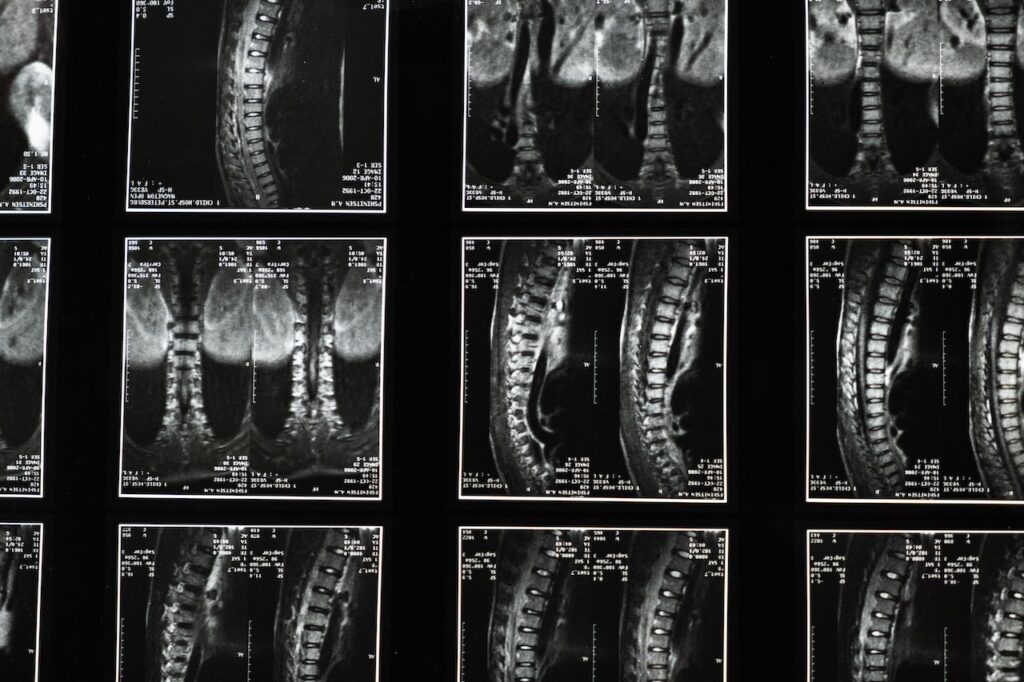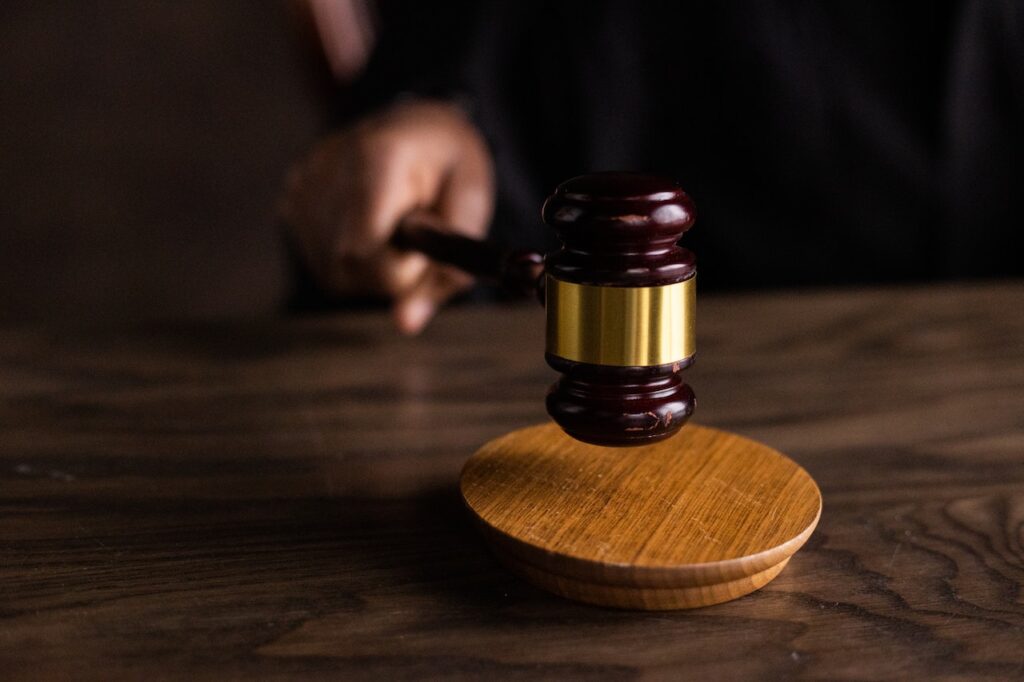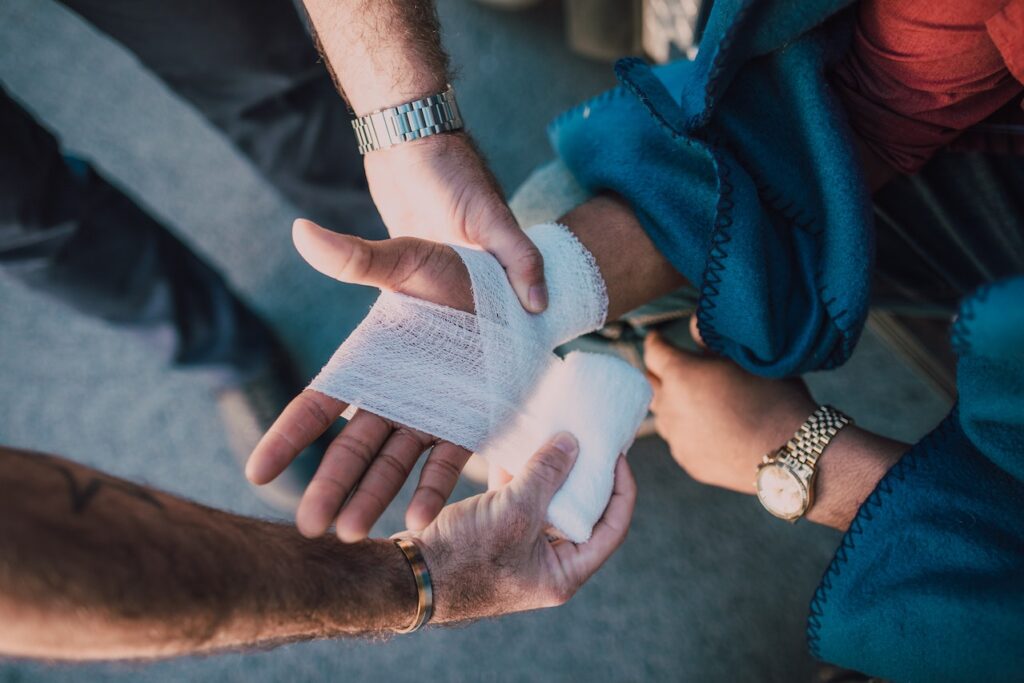In life, we often encounter unforeseen events that can change the course of our existence. Accidents happen every day, some of which lead to injuries so profound that they can turn lives upside down. However, what may surprise many is that certain injuries, initially underestimated or overlooked, can lead to million-dollar settlements. In this article, we’ll explore a range of these “serious surprises” and delve into the legal aspects that can result in substantial compensation.
The Hidden Costs of Injury
Every injury comes with a cost. Whether it’s medical bills, loss of income, or the emotional toll on the individual and their family, the impact can be profound. However, there are injuries that can have far-reaching consequences beyond what’s immediately visible, and these are the ones that may result in million-dollar settlements.
Traumatic Brain Injuries (TBI)
Traumatic brain injuries can be caused by various accidents, from car crashes to sports mishaps. What makes TBIs so financially significant is the long-term care and rehabilitation they often necessitate. Victims may require ongoing medical treatment, therapy, and sometimes even round-the-clock care.
Spinal Cord Injuries
Injuries to the spinal cord can lead to paralysis and a lifetime of medical expenses. The costs of assistive devices, home modifications, and medical care can accumulate into millions of dollars over a person’s lifetime. Lawsuits involving spinal cord injuries can result in substantial settlements.
Burn Injuries
Severe burn injuries often require extensive medical treatment, including surgeries, skin grafts, and long-term therapy. Victims may also suffer psychological trauma, impacting their quality of life and future earnings. Consequently, burn injury cases have the potential for significant settlements.
Birth Injuries
Injuries sustained during childbirth can have lifelong consequences for both the child and the parents. Cerebral palsy, for instance, may result from medical malpractice during childbirth. These cases may involve substantial settlements to provide for a child‘s lifelong care.
Legal Considerations
Several factors can lead to million-dollar settlements in injury cases:
- Negligence: Proving negligence is often a key element in securing substantial settlements. If someone’s negligence led to the injury, a case may have a stronger chance of success.
- Long-term Impact: Injuries that result in long-term or permanent disability typically have a higher settlement potential. This includes cases where the victim cannot work or requires ongoing medical care.
- Insurance Coverage: The amount of insurance coverage available, both from the at-fault party and the victim, can impact the size of a settlement.
- Legal Representation: Effective legal representation is crucial in securing a substantial settlement. Experienced attorneys can negotiate effectively and build a strong case.
“Serious surprises” in the form of injuries leading to million-dollar settlements are a reminder of the unpredictable nature of life. While no amount of money can truly compensate for the pain and suffering caused by such injuries, these settlements can provide financial support and ensure access to the best possible medical care. If you or a loved one find yourselves facing such a situation, it’s vital to seek legal counsel and explore the options available to secure the compensation needed for the journey toward recovery and a better future.








